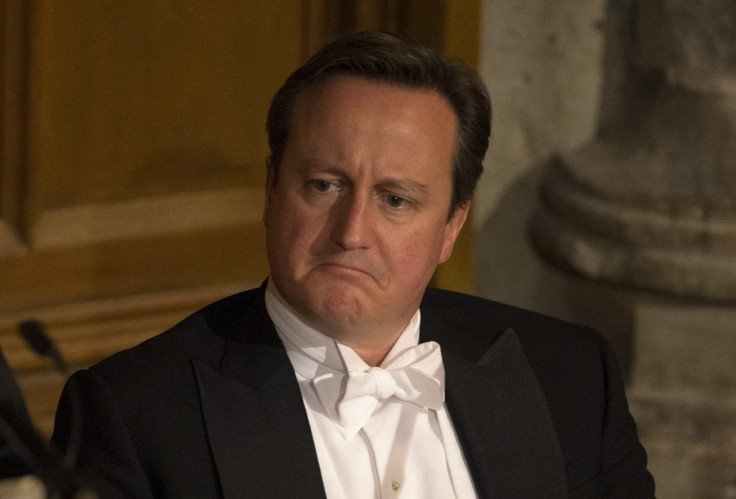Paris attacks: SAS to receive extra £2bn says Cameron at Lord Mayor of London's Banquet

During a speech at the Lord Mayor of London's Banquet in London on Monday (16 November), Prime Minister David Cameron said the UK would boost its defence spending by £2bn ($3bn) by 2020. The extra military budget would mean "more money every year" for unmanned drones, fighter aircraft and cyberdefences. The money will fund new weapons and vehicles, potentially helicopters, night-flight kits and protective equipment – although there will be no funds for extra recruits.
The new National Security Strategy unveiled next week will give the UK the means necessary to "increase both its hard and soft power" and increase its influence across the globe, according to the PM. Other measures include investing in a new generation of cyberdefences to block and disrupt attacks before they can disrupt UK businesses.
Speaking at London's Guildhall, Cameron also stated that the proportion of the overseas aid budget aimed at supporting fragile states will increase from a target of 30% to 50%. During the PM's speech, he invoked the spirit of Winston Churchill who vowed that "however long and hard the toil may be the British nation would never enter into negotiations with Hitler."
Cameron added: "It is that same resolve that will defeat this terrorism and ensure that the values we believe in - and the values we defend - will again in the end prevail."
Turning to counter terrorism, Cameron said that in next week's Strategic Defence and Security Review, he will make a major additional investment in our the intelligence agencies.
"This will include over 1,900 additional security and intelligence staff and more money to increase our network of counter-terrorism experts in the Middle East, North Africa, South Asia and Sub-Saharan Africa. We will also more than double our spending on aviation security around the world with more experts overseas working side by side with host nations in the most vulnerable locations."
The Labour leader Jeremy Corbyn has said in an interview with BBC Political Editor Laura Kuenssberg he is "not happy" with the shoot-to-kill policy in the event of a terror attack in the UK.
Asked if he would be happy to order police or military to shoot-to-kill if there was a Paris-style terror attack in the UK, Corbyn said "the idea you end up with a war on the streets is not a good thing... I think that is quite dangerous and I think can often can be counterproductive".
© Copyright IBTimes 2025. All rights reserved.




















